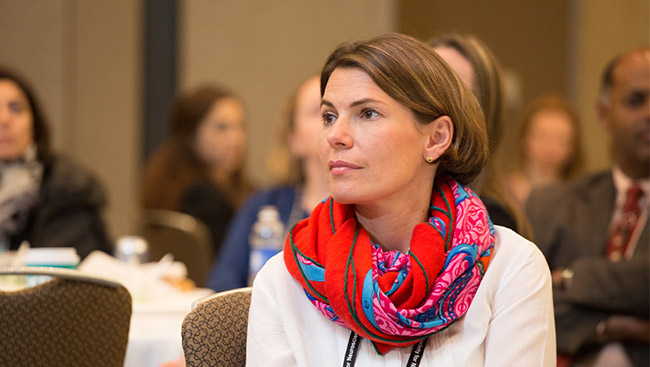Neuroscientists Share: Advice to Make Your Career Transition Successful
Jul 22, 2016

This resource was featured in the NeuroJobs Career Center. Visit today to search the world’s largest source of neuroscience opportunities.
Whether you are considering career paths for your first job or a different path for your third role, it is important to figure out your needs and have a strategy for accomplishing your goals. To help you in this process, four neuroscientists, who have transitioned between academia, industry, and government roles each divulge the one aspect most critical to making their moves smooth and fulfilling.
Access to the full article is available to SfN members.
Neuronline is a benefit of SfN membership. Renew your membership now to make sure you don’t lose access.
0 of 5 articles left
Login
or
Become a Member
to unlock content


.png?h=1763&w=3125&la=en&hash=B2439C2768576BED6405672E5CD5CF8CB1AA375F)




